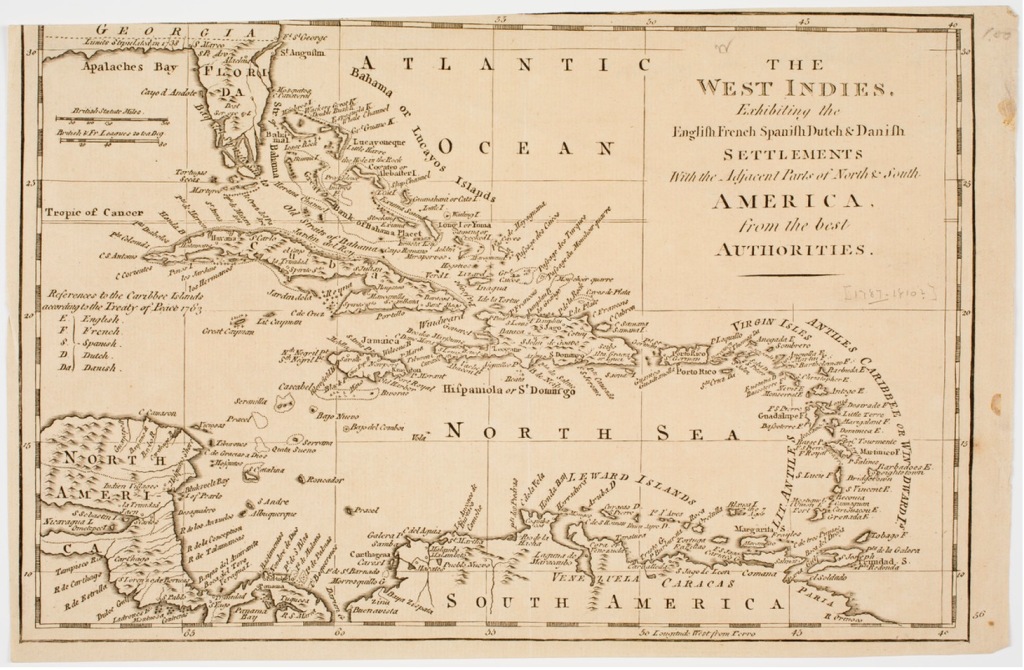
David Thackeray
University of Exeter
The Centre for Imperial and Global History at the University of Exeter hosted a workshop with colleagues from Hum:Global, the Global Humanities centre at Copenhagen University, this April on the challenges that the development of digital technologies poses for historians of global history. Amongst the key themes that connect our papers is a concern that many digitisation initiatives continue to focus on the history of the nation state and are driven by commercial imperatives. Existing approaches run the risk of reinforcing historical inequalities in access to knowledge between the Global North and South, an issue which has been discussed at length in a recent ‘History Lab’ feature in the American Historical Review. These concerns are becoming more pressing with the rapid advance of AI.
Jon Lawrence introduced the Living With Machines project (2018-23), a major collaboration led by the Alan Turing Institute and the British Library. As part of this project, the team have explored new ways of using the British Library’s existing digitised newspapers accessible to researchers in new ways. This involves critically reflecting on the decisions which were made regarding which papers to digitise twenty years ago and developing a more representative view of the nineteenth-century newspaper landscape through the development of an ‘environmental scan’.
Stuart Ward discussed his new project which uses the round-the-world travels of Sir Charles Dilke to consider how global imaginaries were reshaped in the late 1860s. Dilke was a young man when he undertook his circumnavigation, which followed the British empire around the globe, and the project was improvised rather than being meticulously planned. One of the challenges of this project will be to use historical newspapers to better understand Dilke’s mental world. Dilke avidly read the local press during his travels to consider how the connections between the different places he visited were being transformed by rapid advances in communications.
Richard Toye focused on methodological challenges and the need for a ‘history of digital history’. His paper considered the opportunities that AI may offer for reshaping the ways in which we search databases but also the likely limitations to its ability to replace existing forms of specialised archival knowledge.
Gunvor Simonsen outlined the ERC In the Same Sea project (2020-25), which she leads. In the Same Sea uses digital tools to explore the connections between Caribbean territories under different sovereignties from the seventeenth to the nineteenth centuries. Prof. Simonsen considered the challenges with using existing forms of databases and the difficulties of reading lives across empires. There is an uneven distribution of digitised Caribbean newspapers available across the islands, in part as a result of the decisions of different national repositories. When exploring the travels of fugitive enslaved people across the Caribbean, some national databases are more effective at identifying individuals than others.
James Freeman considered the value of AI-predicted rhetorical analysis and its potential value in the field of corpus linguistics. Given the potential value of AI for conceptual thinking in the future, he argued for the need to move beyond ‘scales’ and transfer between close and distant reading of digital texts.
Haakon Ikonomou summarised his research for the ‘Visualising the League of Nations Secretariat’ project, which has created a digital research tool to enable scholars to search for biographical details about members of the Secretariat staff over time. While new tools are making such projects more straightforward to conduct, one of the challenges researchers face is navigating the particular digital cultures of specific international organisations. Prof. Ikonomou is now developing a similar project on NATO and stressed the need to better connect data across digital projects which explore the histories of specific international organisations.
David Thackeray spoke about the use of digitised newspapers in his ‘Parliamentary Empire’ project (2021-25), focusing on stories about the relationship between Māori and parliament which spread rapidly in the overseas press. These became vital to shaping conventional wisdoms about the capacity of Māori to take part in parliamentary government and sometimes relied on partial or incomplete reporting of stories from the New Zealand press. We need to recognise that historical digitised resources such as Hansard could act as a technology of power for settler colonists. Speeches by indigenous MPs were not printed in their original form in the nineteenth century and it is hard to decipher whether they were given in English or Māori.
Daniel Steinbach addressed the subject of the ‘Digital Global First World War’, reflecting on differing centenary commemorations of the conflict and his work with the ‘Cultural Exchange in a Time of a Global Conflict’ project. These commemorations were characterised by an increasing focus on the war as a global event. However, there are ongoing challenges in constructing public histories which address this subject given imbalances in whose stories are recorded in the written archive as well as the changing priorities of funding bodies.

You must be logged in to post a comment.